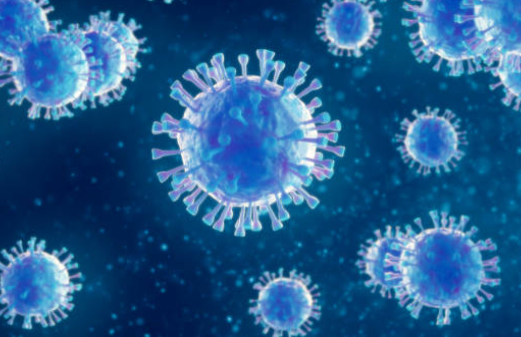IN THE HEADLINES
You’ve probably seen updates about the coronavirus wherever you get your news. Here are a few facts from the CDC and some tips on how to avoid the coronavirus and other illnesses. There are actually many types of human coronaviruses including some that commonly cause mild upper-respiratory tract illnesses. The COVID-19 version is a new disease, simply because this strain has previously not been seen in humans.
TAKE CARE OF YOURSELF
Your first line of defense is a healthy body. Here are some very basic tips for keeping yourself in top shape:
Eat healthy – including fresh fruits and vegetables. Give your body the fuel it needs to naturally fight off illness.
Stay hydrated. Drink plenty of water, juice, and other liquids. Fluids help to flush out toxins and fight infection.

Get enough sleep. This helps your immune system locate and destroy bacteria and viruses while restoring your bodily systems.

Exercise regularly. Your physical strength and endurance is a key factor in your overall health.
KEEP GERMS AWAY
Avoid close contact with those who are sick.
Wash your hands after sneezing, coughing; using the restroom; eating; and touching things in public. Here is the proper method.
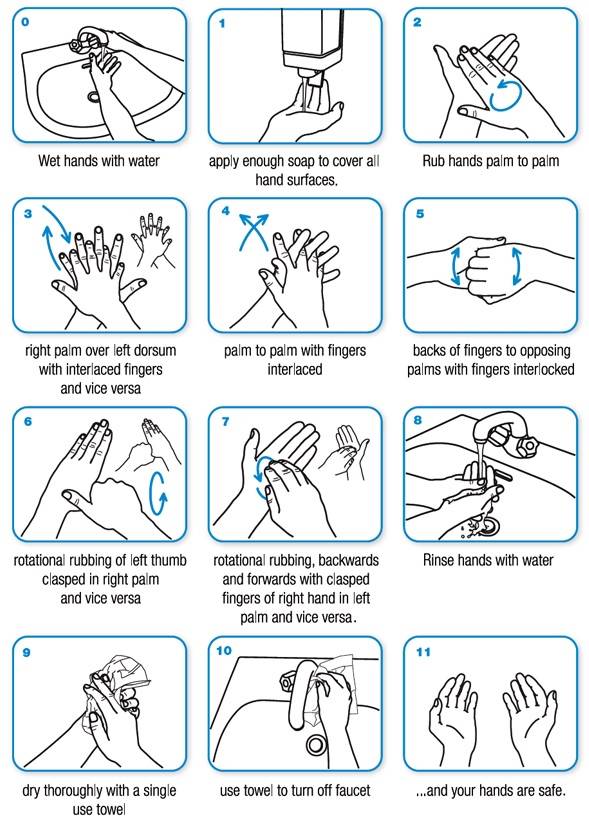
If soap and water isn’t available for washing hands, use hand sanitizer that contains at least 60% alcohol.
Cover your mouth with your elbow or forearm area when sneezing or coughing.
Clean and disinfect frequently touched objects or surfaces with household spray or wipes.
Avoid touching your face.
Wash your glasses and sunglasses periodically with soap and water.

Wipe down your cell phone with an alcohol wipe or a damp cloth from time to time.
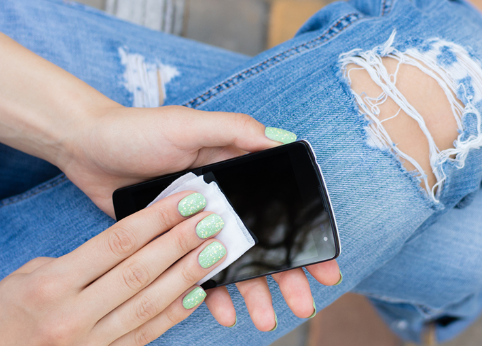
Use a paper hand towel or tissue when touching public doors, faucets, etc.
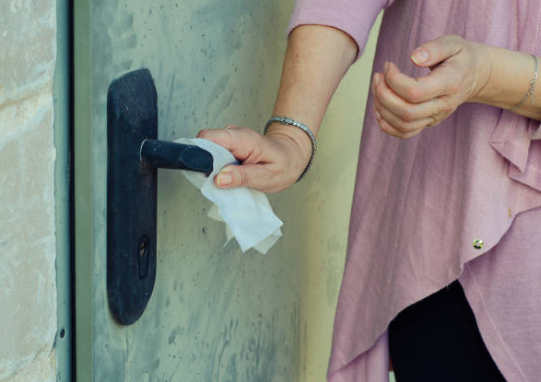
Don’t eat or drink using the same cups and utensils as others.
Politely decline handshakes and instead consider opting for an elbow bump or foot tap.
WHAT TO DO IF SICK
According to the CDC, symptoms are fever, cough, and shortness of breath. However, those with underlying health conditions are at greater risk and should check with their healthcare provider regarding monitoring symptoms.
Seek prompt medical attention if your illness is worsening (for example – difficulty breathing). Note: call your doctor or other healthcare professional before coming in for an appointment or urgent care.
The CDC also advises that if you are mildly ill, you can isolate at home and separate yourself from other people and animals. Stay in a specific room and if possible, use a separate bathroom.

If ill, a face mask is advised to avoid the spread of germs.
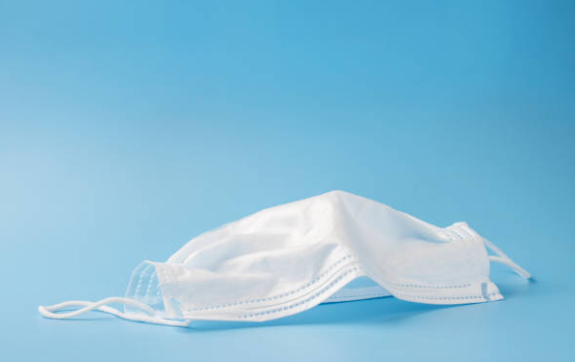
Keep your hands washed (many times a day).
Sanitize all household surfaces and commonly touched items daily (phones, remote controls, keyboards, tablets, bedside tables, doorknobs, countertops, bathroom fixtures, etc.).
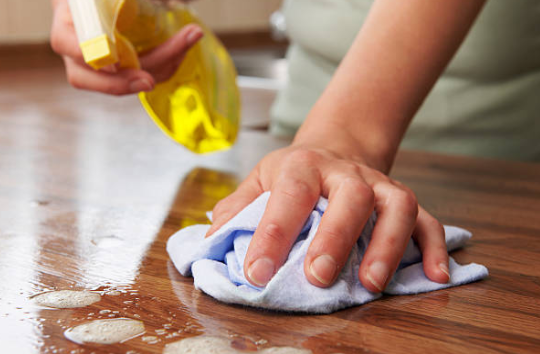
For more information on the coronavirus (COVID-19) visit the Centers for Disease Control and Prevention: https://www.cdc.gov/coronavirus

